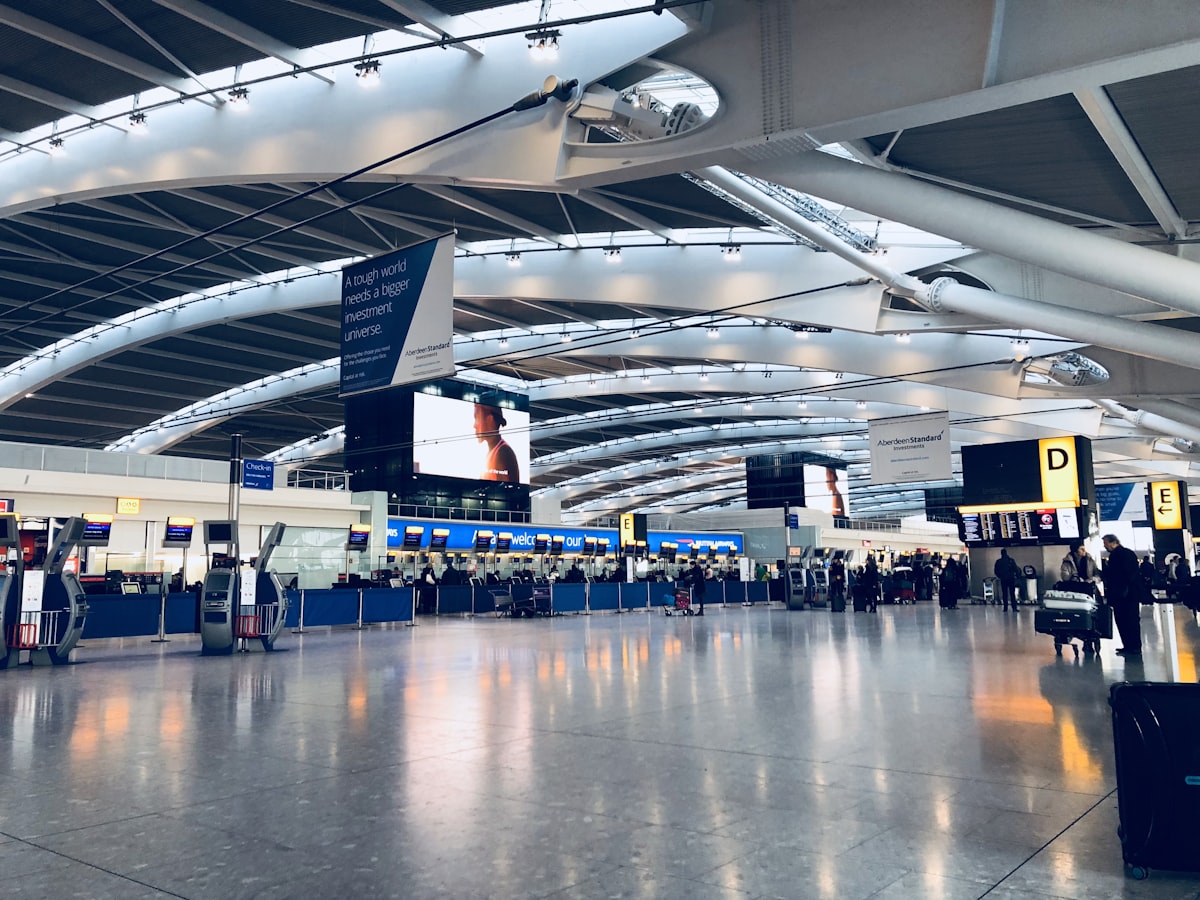Travel Data Insights
Understanding Travel Data
Travel data represents a rich tapestry of information gathered from various sources like airlines, hotels, travel agencies, and user-generated content. This data offers insights into travel trends, preferences, and behaviors.

Types of Travel Data
Travel data can be categorized into several types. Knowing these types can help businesses and travelers make informed decisions.
- Booking Data: Information from reservations and bookings.
- Demographic Data: Age, gender, and other personal details of travelers.
- Behavioral Data: Patterns in travel behaviors and choices.
- Feedback Data: Reviews and ratings from users.
Sources of Travel Data
Various sources contribute to the pool of travel data available today. Here’s a rundown of the primary sources:
- Airline and Hotel Reservations: Significant data points originate from flight and hotel bookings.
- Travel Agencies: Both online and offline agencies collect extensive traveler information.
- Social Media: Platforms like Instagram and Twitter provide insights into travel trends through user posts and hashtags.
- User Reviews: Websites like TripAdvisor and Yelp host a plethora of reviews and ratings.
Analyzing Travel Data
Analyzing travel data involves several techniques and tools. This analysis helps uncover patterns and trends.
- Data Mining: Extracting useful information from vast datasets.
- Machine Learning: Algorithms that learn and predict behaviors based on data.
- Visualization Tools: Creating visual representations of data, helping to understand trends more clearly.
Applications of Travel Data
Travel data is not just for industry insiders. It has multiple applications that benefit both businesses and travelers.
- Personalized Marketing: Customizing promotions based on traveler preferences and behaviors.
- Price Optimization: Analyzing data to set competitive and attractive prices.
- Operational Efficiency: Improving operations through better planning and resource allocation.
- Enhancing User Experience: Crafting more enjoyable and seamless travel experiences.
Challenges in Travel Data
Despite its benefits, working with travel data presents certain challenges.
- Data Privacy: Ensuring traveler data is collected and used ethically and securely.
- Data Integration: Combining data from various sources can be complex.
- Data Quality: Maintaining accuracy, relevance, and consistency in the data collected.
- Real-Time Processing: Analyzing and responding to data in real-time is still a significant challenge.
The Future of Travel Data
As technology advances, the future of travel data looks promising with more sophisticated tools and techniques emerging.
- Artificial Intelligence: Advanced AI can offer predictive insights and automate processes.
- Blockchain Technology: Enhancing data security and transparency through decentralization.
- Augmented Reality: Enhancing travel planning and experiences using AR.
- 5G Technology: Faster and more reliable data transmission, improving real-time data processing.



